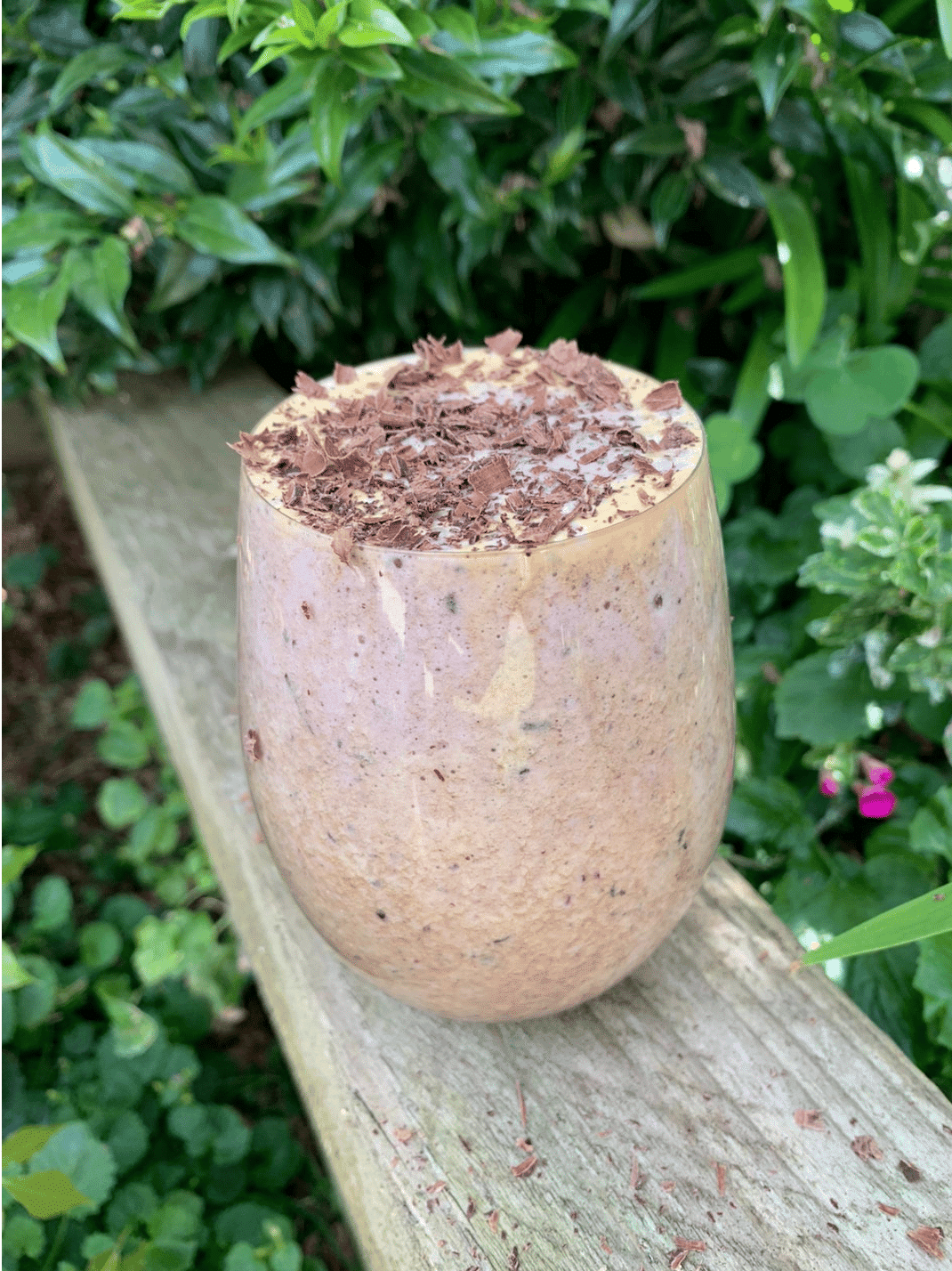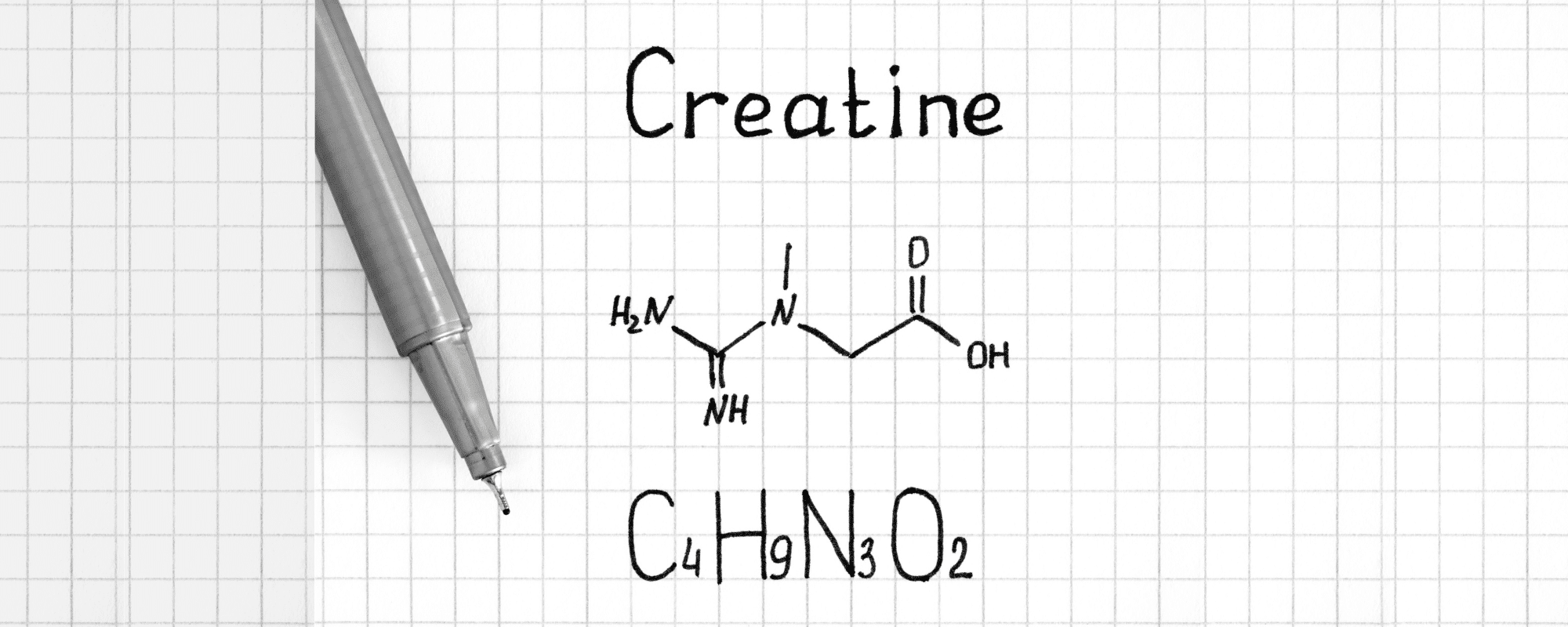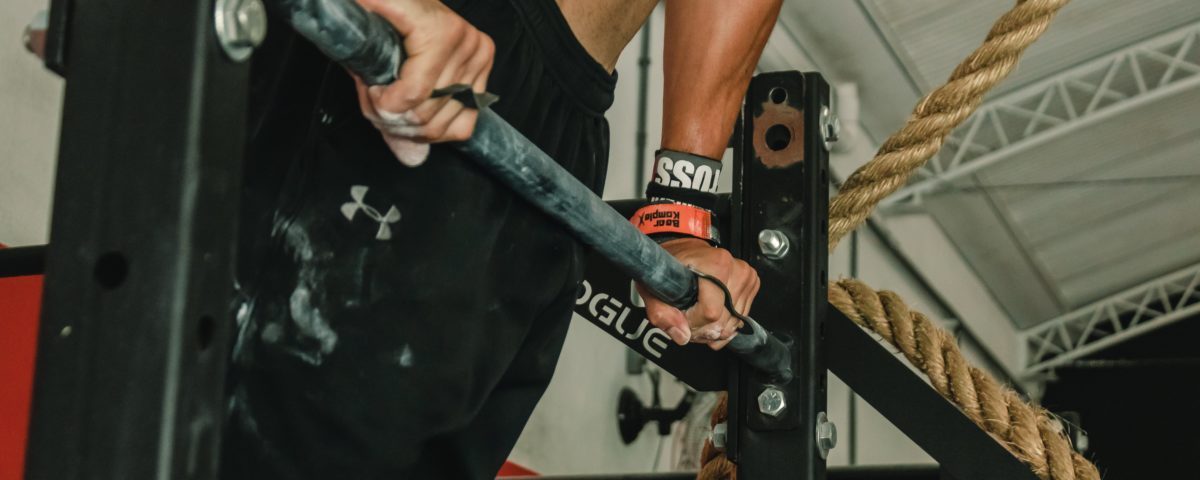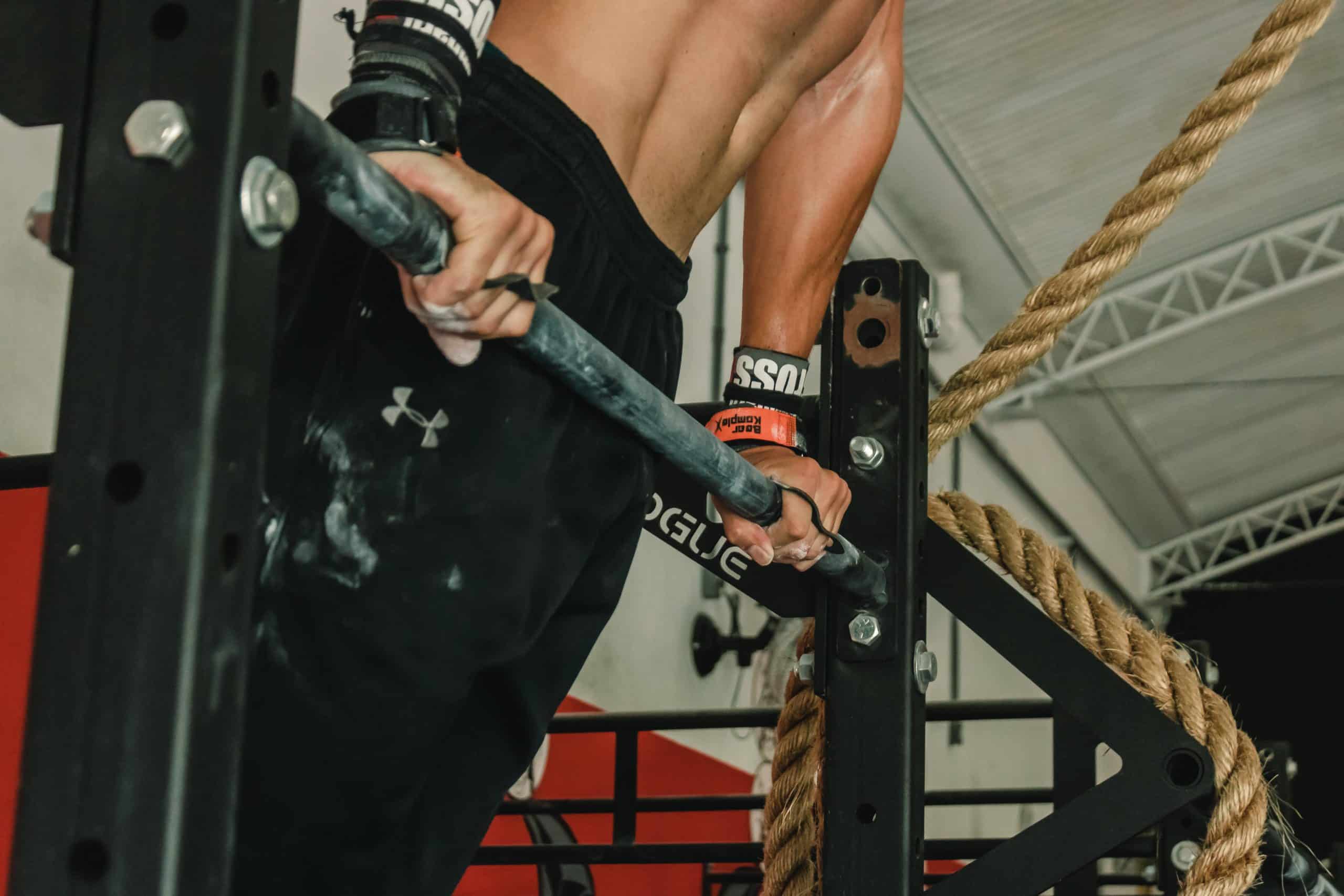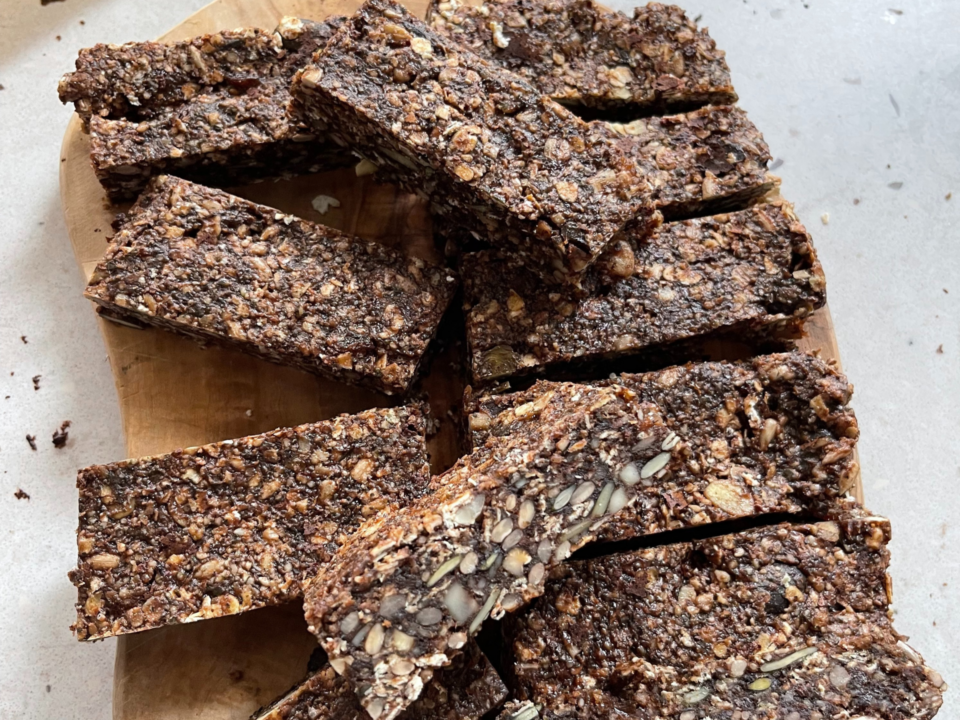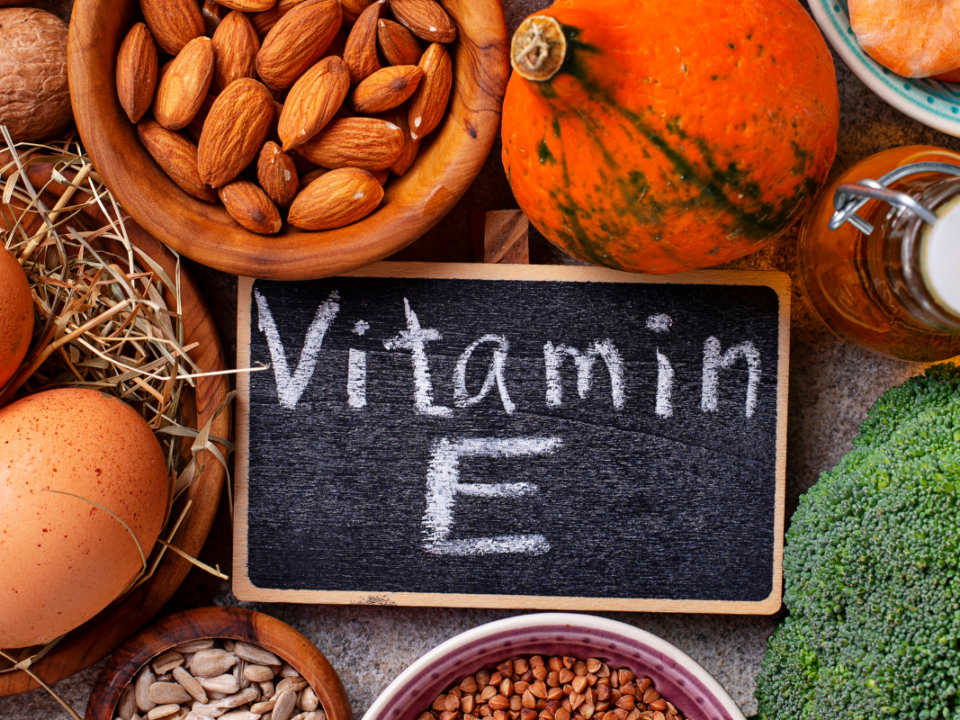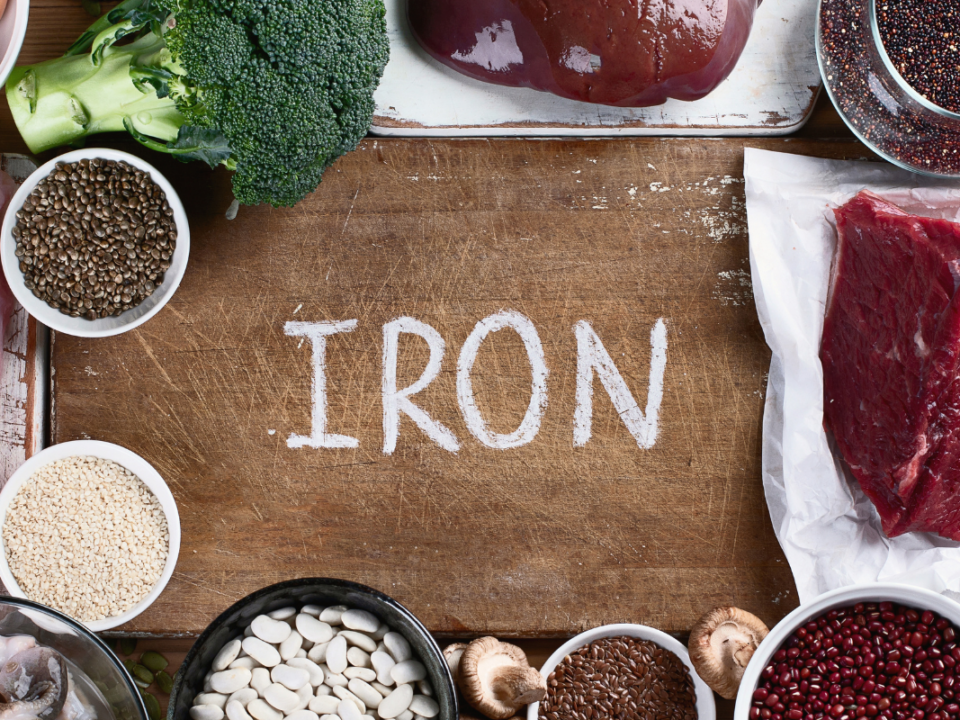Energy balance quite simply is the balance between energy consumed through food and fluids compared to the energy expended through energy metabolism and physical activity. Your body weight will not change when in energy balance.
 To reduce body fat a negative energy balance must be created, this means that energy intake must be less than energy expenditure. This is undoubtedly a simplified explanation for a complicated concept as there is an extensive list of variables that can affect the fat loss process. Appetite control, age, gender, fat mass, hormone regulation, metabolic rate, physical activity, energy intake and nutrient composition all have a strong influence on a person’s ability to reduce body fat and most importantly sustain that loss of fat mass.
To reduce body fat a negative energy balance must be created, this means that energy intake must be less than energy expenditure. This is undoubtedly a simplified explanation for a complicated concept as there is an extensive list of variables that can affect the fat loss process. Appetite control, age, gender, fat mass, hormone regulation, metabolic rate, physical activity, energy intake and nutrient composition all have a strong influence on a person’s ability to reduce body fat and most importantly sustain that loss of fat mass.
Carbohydrate
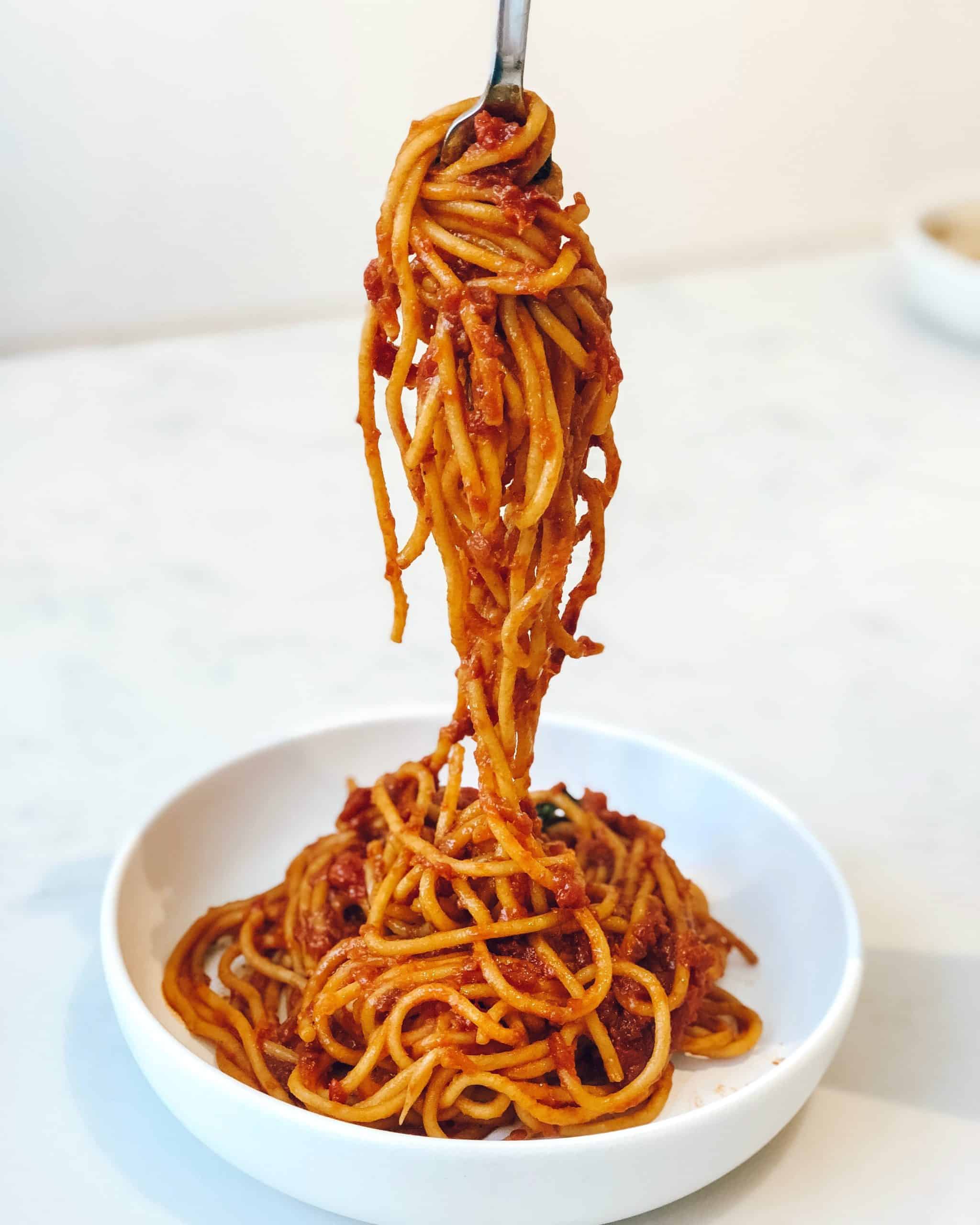 Most athletes are well aware that carbohydrate intake is important for matches and training. However, less is mentioned about carbohydrate needs during the off-season or when not training. You will now be familiar with the daveynutrition philosophy that your energy intake and carbohydrate intake should be aligned to your needs and in particular your exercise schedule. During the off-season and low volume training periods there is a lower requirement for energy and need for carbohydrate foods like potatoes, bread, pasta, cereals and rice. Carbohydrate foods should mainly be consumed in and around a training session and they should only be low glycemic index, (slow digesting) carbohydrate foods. This does not mean you follow a low carbohydrate diet, you cut carbohydrate foods completely from your diet or that reducing carbohydrate somehow automatically results in fat loss! It means that you modify your intake of carbohydrate and where you may have had a moderate or large portion of carbohydrate at each meal this is now switched to a low to moderate portion of rice, potatoes, pasta or noodles and some meals may have a greater focus on higher fibre low carbohydrate vegetables.
Most athletes are well aware that carbohydrate intake is important for matches and training. However, less is mentioned about carbohydrate needs during the off-season or when not training. You will now be familiar with the daveynutrition philosophy that your energy intake and carbohydrate intake should be aligned to your needs and in particular your exercise schedule. During the off-season and low volume training periods there is a lower requirement for energy and need for carbohydrate foods like potatoes, bread, pasta, cereals and rice. Carbohydrate foods should mainly be consumed in and around a training session and they should only be low glycemic index, (slow digesting) carbohydrate foods. This does not mean you follow a low carbohydrate diet, you cut carbohydrate foods completely from your diet or that reducing carbohydrate somehow automatically results in fat loss! It means that you modify your intake of carbohydrate and where you may have had a moderate or large portion of carbohydrate at each meal this is now switched to a low to moderate portion of rice, potatoes, pasta or noodles and some meals may have a greater focus on higher fibre low carbohydrate vegetables.
Protein
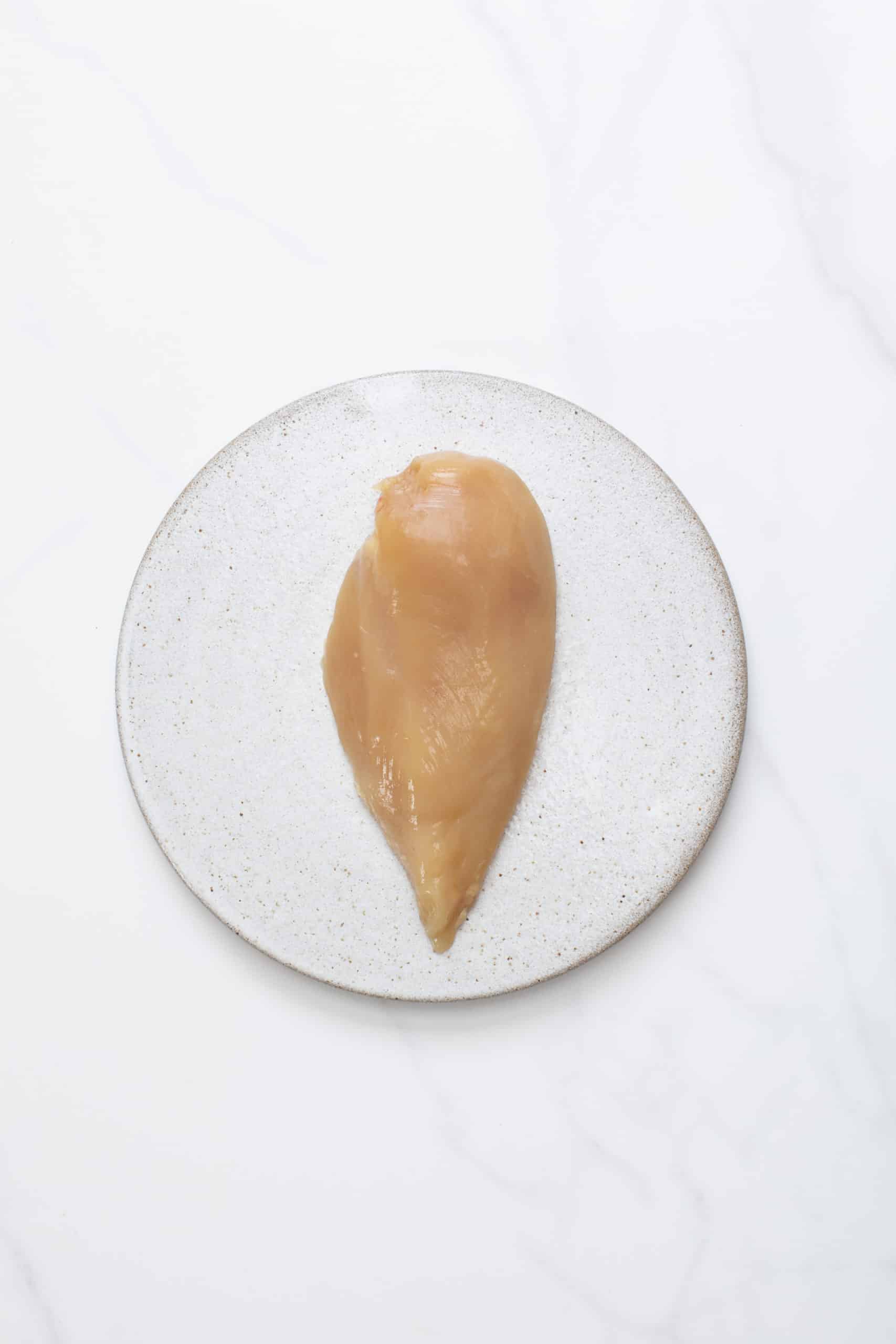 Protein intake for the team sport athlete is particularly important during the off-season; this is for a number of reasons. Firstly, after the initial phase of complete rest, it is likely athletes will be following a resistance training program with the aim of improving functional strength and body composition. Protein foods are particularly beneficial when aiming to reduce body fat. Protein is the best macro nutrient for reducing appetite and research suggests that consuming protein containing foods can aid appetite control and help to reduce total calorie intake. Also, protein has the greatest energy cost of digestion; this means that high protein foods require more energy for digestion compared to fat and carbohydrate foods. Another critical role protein plays is that it helps to reduce muscle loss during phases where an athlete is in a calorie deficit. Research has shown that consuming 2.4 g of protein while following a resistance training program to support a calorie deficit can support improvements in muscle mass while reducing body fat. This is why the intake of protein is so important when aiming to reduce body-fat.
Protein intake for the team sport athlete is particularly important during the off-season; this is for a number of reasons. Firstly, after the initial phase of complete rest, it is likely athletes will be following a resistance training program with the aim of improving functional strength and body composition. Protein foods are particularly beneficial when aiming to reduce body fat. Protein is the best macro nutrient for reducing appetite and research suggests that consuming protein containing foods can aid appetite control and help to reduce total calorie intake. Also, protein has the greatest energy cost of digestion; this means that high protein foods require more energy for digestion compared to fat and carbohydrate foods. Another critical role protein plays is that it helps to reduce muscle loss during phases where an athlete is in a calorie deficit. Research has shown that consuming 2.4 g of protein while following a resistance training program to support a calorie deficit can support improvements in muscle mass while reducing body fat. This is why the intake of protein is so important when aiming to reduce body-fat.
Fat
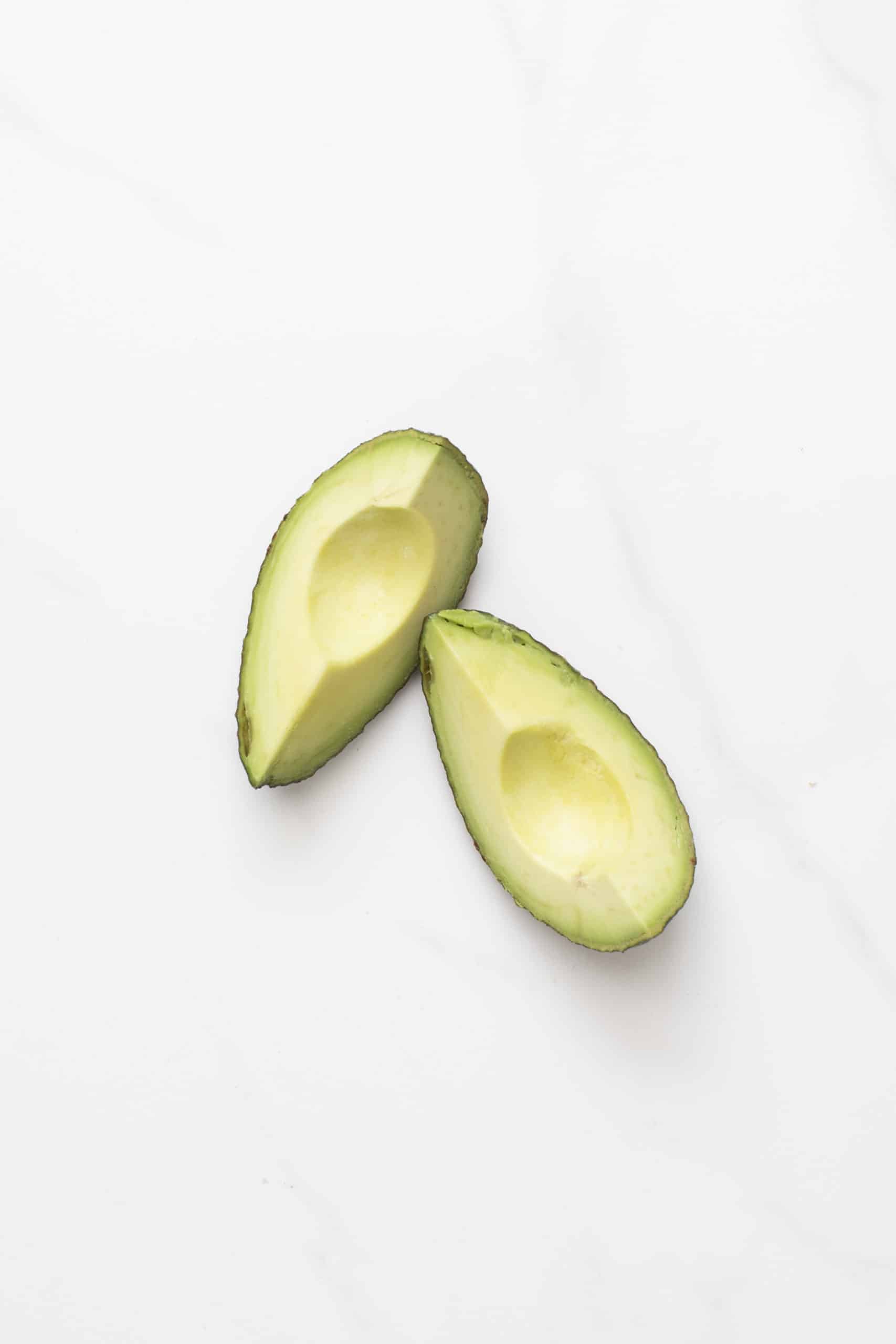 Fat is an essential component in an athletes diet at all times. Fat makes a valuable contribution to energy intake, is required for optimum metabolism, hormone production and maintaining healthy cells. Foods like flaxseed oil, olive oil, nuts and oily fish like salmon and halibut are excellent healthy fat sources and will help you to gain your daily requirement of essential omega oils. If you do not regularly consume these types of foods an omega 3 oil blend would be advisable. Essential fats are important for regulating hormones, energy metabolism and appetite, thus their intake should not be neglected.
Fat is an essential component in an athletes diet at all times. Fat makes a valuable contribution to energy intake, is required for optimum metabolism, hormone production and maintaining healthy cells. Foods like flaxseed oil, olive oil, nuts and oily fish like salmon and halibut are excellent healthy fat sources and will help you to gain your daily requirement of essential omega oils. If you do not regularly consume these types of foods an omega 3 oil blend would be advisable. Essential fats are important for regulating hormones, energy metabolism and appetite, thus their intake should not be neglected.
The approximate energy intake of a team sport athlete should have the following proportions in the off-season.
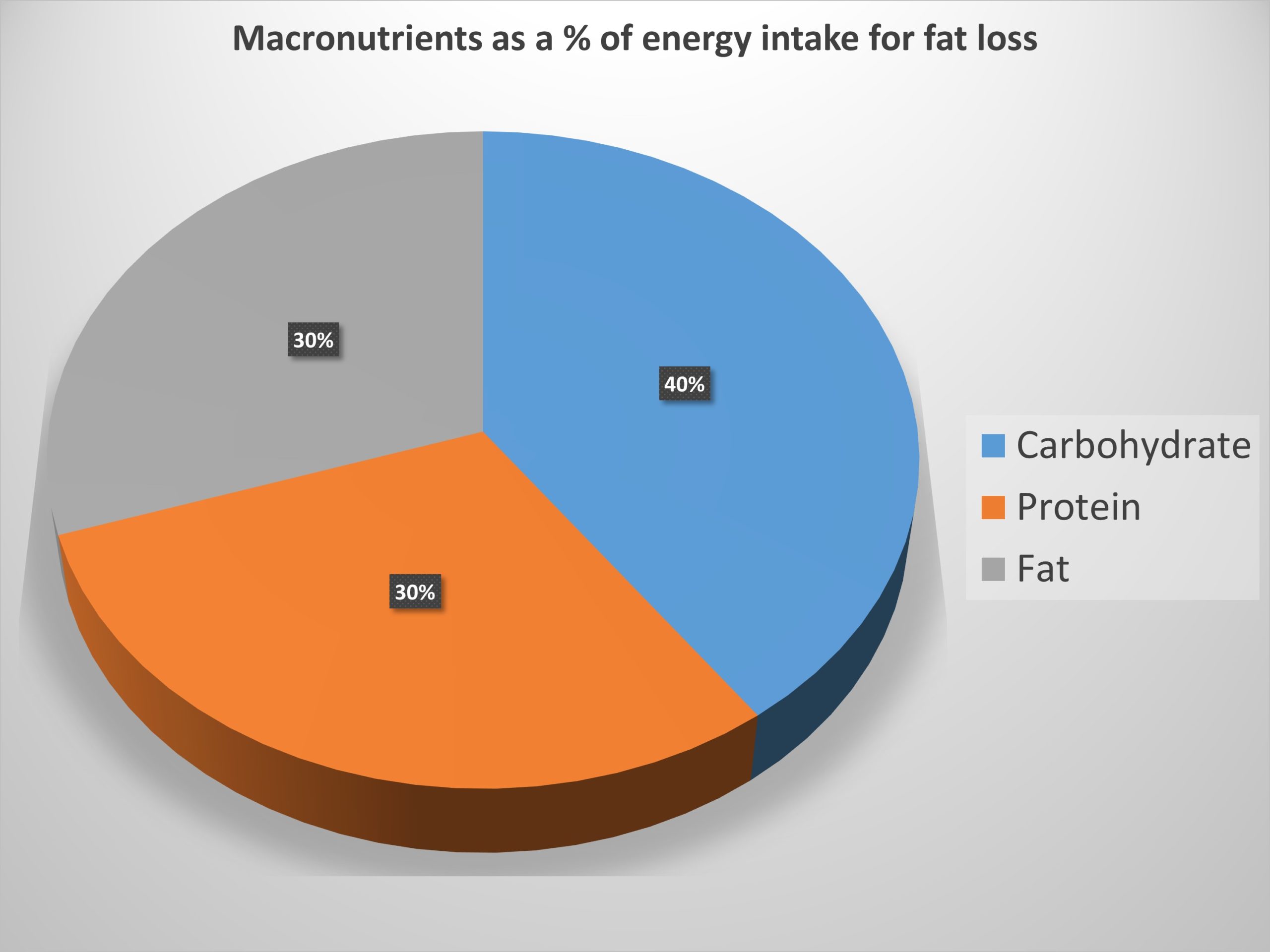 Meal timing and late evening eating
Meal timing and late evening eating
Late at night, your need to take in energy reduces as your body will be preparing for sleep. During this time, you need less fuel than you would during the day when you are more active. Eating late at night (e.g. after 10 pm) can also affect hormones released while you sleep, meaning that your sleep and recovery is disrupted. Your digestive system is less active when you sleep so a large meal before bed can often go undigested until the following morning. Clearly, when training late in the evening, recovery will be important, but meals should focus on food quality rather than quantity. For more information on meal timing and understanding the hierarchy of nutrition needs for goal setting please read this article.
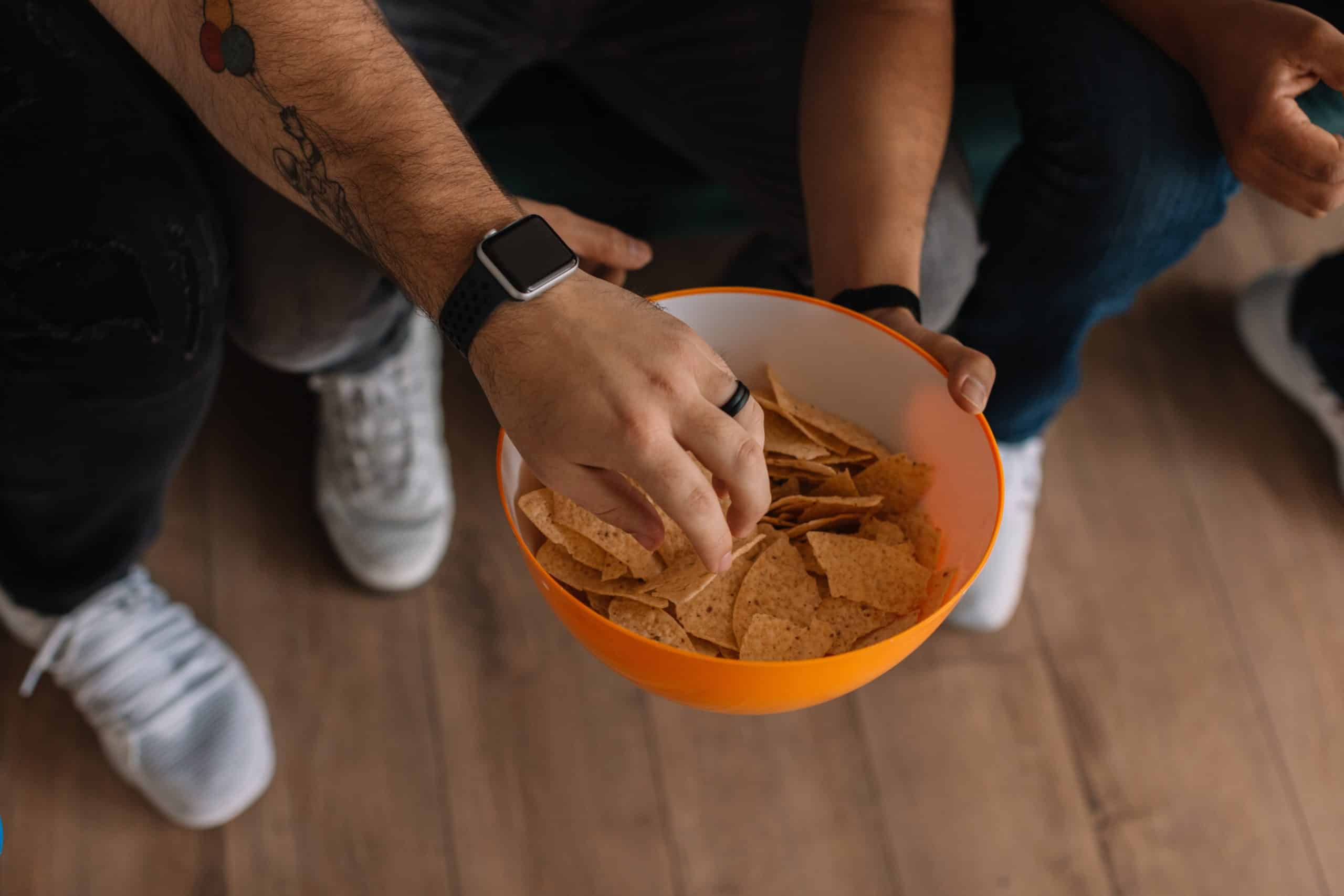 Alcohol
Alcohol
During the off season alcohol, depending on the athletes drinking habits, can make a large contribution to energy intake. Alcohol provides 7 kcal per gram and provides no nutritional benefit. Furthermore, alcohol can increase appetite which makes it even harder to control food intake, particularly when alcohol has been consumed in large amounts. When alcohol is consumed it becomes a priority fuel until it is all cleared from the body. Although alcohol is not directly stored as fat it can indirectly lead to fat storage by reducing fat metabolism and providing a preferred source of energy to the body. This becomes an issue especially if large intakes of food are consumed along with alcohol. If you are aiming to improve body composition then alcohol is best avoided. If you are going to drink then drinking occasionally and choosing 2-3 units of low calorie alcohols will help to limit large intakes of calories.
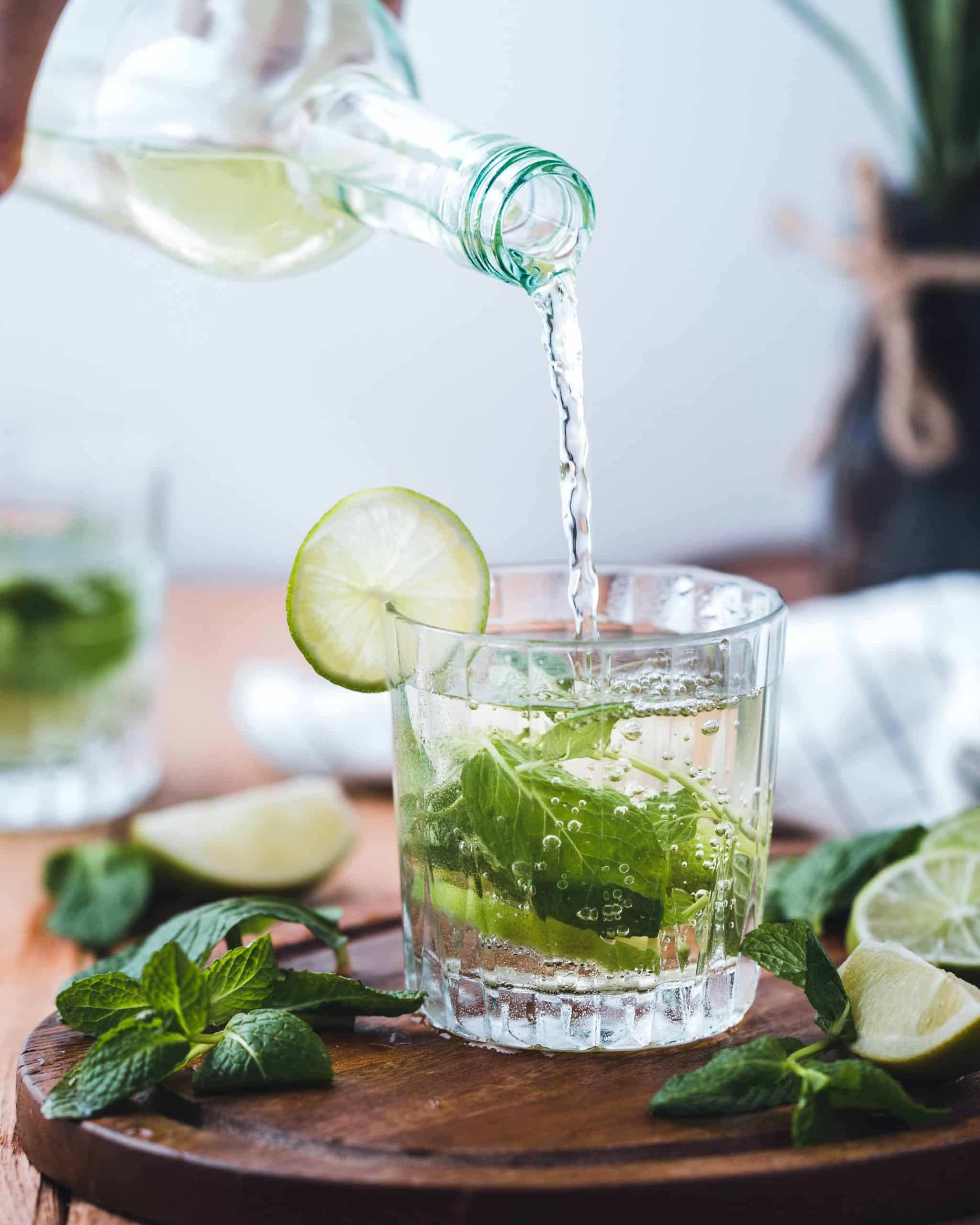 Conclusion
Conclusion
Reducing body fat is probably one of the most talked about topics in sports performance. The actual concept of how to reduce fat mass is relatively straight forward, create a calorie deficit by expending more energy then you consume. However in reality, fat loss is an extremely complex concept due to many physical, psychological, environmental and cultural factors involved. Achieving improvements in body-composition involves not only a clearly defined nutrition plan, it requires holistic planning, an appropriate exercise plan, patience and discipline. The main thing to remember is that if you are trying to reduce body fat it should be achieved slowly to avoid losses in muscle tissue and decreases in metabolic rate. Protein foods can help to control appetite, facilitate training adaptations and provide sustained supply of energy. Achieving your optimal body composition will demand commitment to training and a high level of discipline in relation to food intake. Nonetheless, it can be achieved by taking a holistic approach that considers each athletes individual circumstances whilst bringing visible benefits to performance for the upcoming competitive season.
Reference List
Amigo I and Fernandez C. Effects of diets and their role in weight control. Psychol Health Med 12: 321-327, 2007.
Baechle T.R. and Earle R.W. Essentials of Strength Training and Conditioning. 152. 2008. Human Kinetics, 107, Bradford Road, Stanningley, Leeds, LS28, 6AT, United Kingdom., Human Kinetics.
Burke & Deakin. Clinical Sports Nutrition. 137-144. 2006. Australia, McGraw-Hill.
Cordain, L. Friel J. The paleo diet for athletes, A nutritonal formula for peak performance. 217-218. 2010. United States.
Gleeson M, Nieman DC and Pedersen BK. Exercise, nutrition and immune function. J Sports Sci 22: 115-125, 2004.
Hector, A.J. and Phillips, S.M., 2018. Protein recommendations for weight loss in elite athletes: A focus on body composition and performance. International journal of sport nutrition and exercise metabolism, 28(2), pp.170-177.
Hession M, Rolland C, Kulkarni U, Wise A and Broom J. Systematic review of randomized controlled trials of low-carbohydrate vs. low-fat/low-calorie diets in the management of obesity and its comorbidities. Obes Rev 10: 36-50, 2009.
Hu FB. Are refined carbohydrates worse than saturated fat? Am J Clin Nutr 91: 1541-1542, 2010.
Ivy, John L and Ferguson, Lisa M. Optimizing Resistance Exercise Adaptations Through the Timing of Post-Exercise Carbohydrate-Protein Supplementation. Strength & Conditioning Journal 32(1), 30-36. 1-2-2010. National Strength and Conditioning Association.
Longland, T.M., Oikawa, S.Y., Mitchell, C.J., Devries, M.C. and Phillips, S.M., 2016. Higher compared with lower dietary protein during an energy deficit combined with intense exercise promotes greater lean mass gain and fat mass loss: a randomized trial. The American journal of clinical nutrition, 103(3), pp.738-746.
Maughan RL. Nutrition In Sport. 473-474. 2000. Osney Mead, Oxford OX2 0EL25 John Street, London, WC1N 2BL, Blackwell Science Ltd.
Manore, M.M., 2015. Weight management for athletes and active individuals: a brief review. Sports Medicine, 45(1), pp.83-92.
Siler SQ, Neese RA and Hellerstein MK. De novo lipogenesis, lipid kinetics, and whole-body lipid balances in humans after acute alcohol consumption. Am J Clin Nutr 70: 928-936, 1999.
Tremblay A and St-Pierre S. The hyperphagic effect of a high-fat diet and alcohol intake persists after control for energy density. Am J Clin Nutr 63: 479-482, 1996.
Vander Wal JS, Marth JM, Khosla P, Jen KL and Dhurandhar NV. Short-term effect of eggs on satiety in overweight and obese subjects. J Am Coll Nutr 24: 510-515, 2005.
Volek JS, Fernandez ML, Feinman RD and Phinney SD. Dietary carbohydrate restriction induces a unique metabolic state positively affecting atherogenic dyslipidemia, fatty acid partitioning, and metabolic syndrome. Prog Lipid Res 47: 307-318, 2008.
Volek JS, Forsythe CE and Kraemer WJ. Nutritional aspects of women strength athletes. Br J Sports Med 40: 742-748, 2006.

